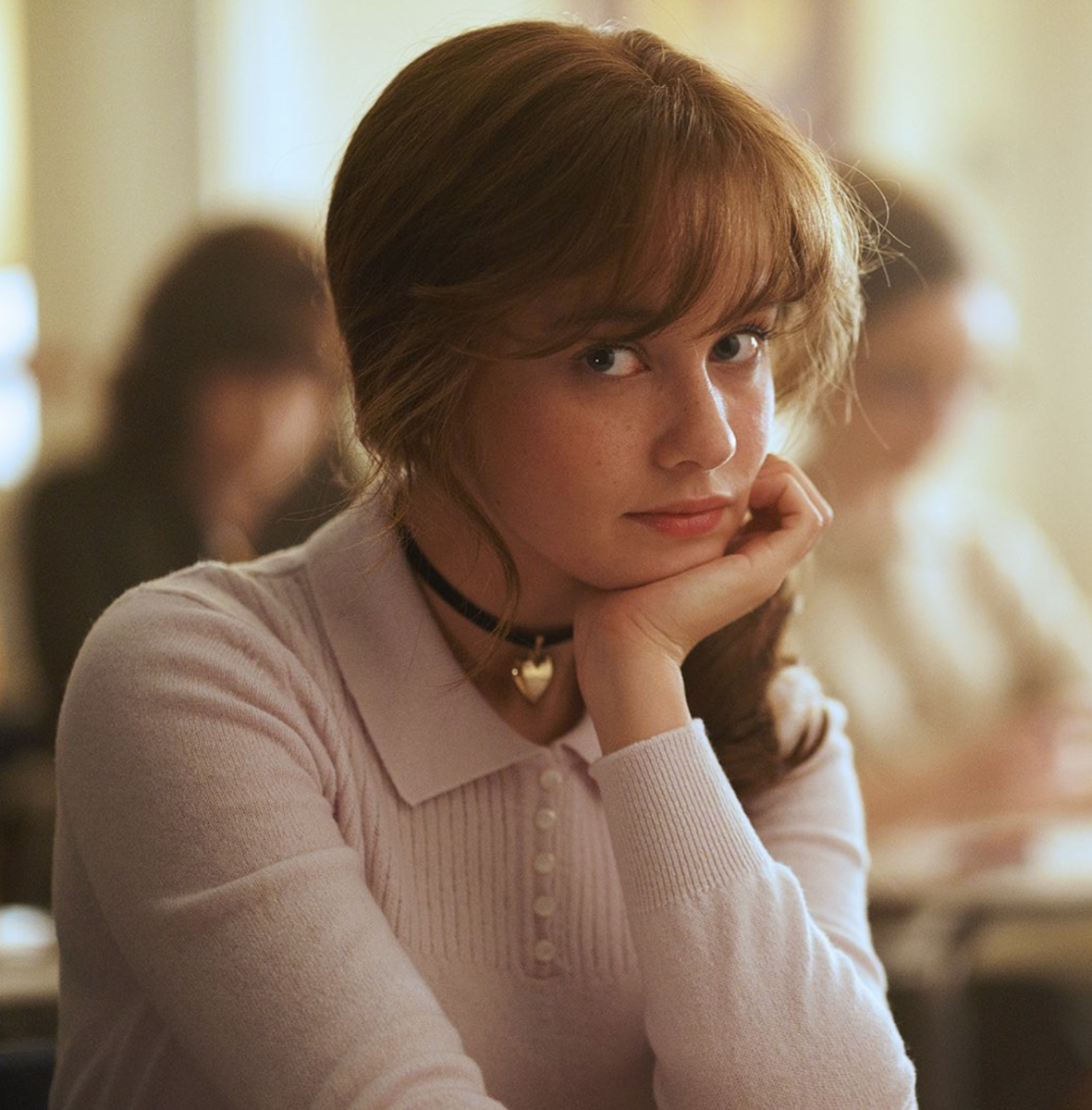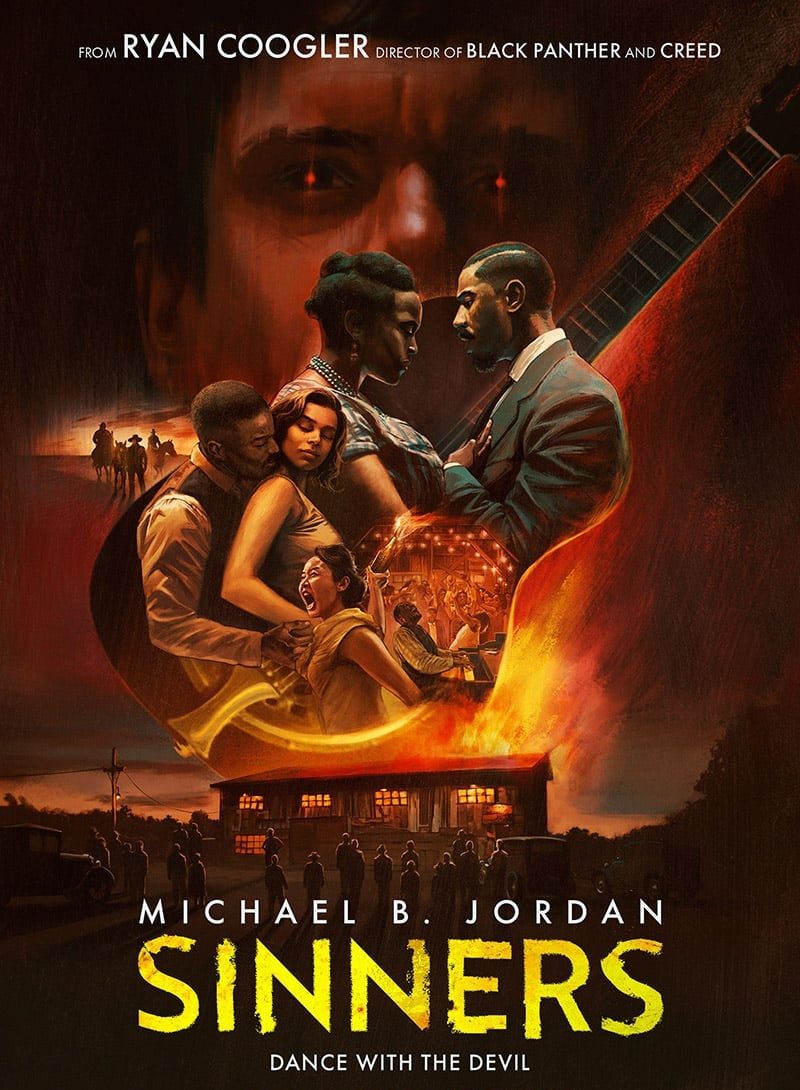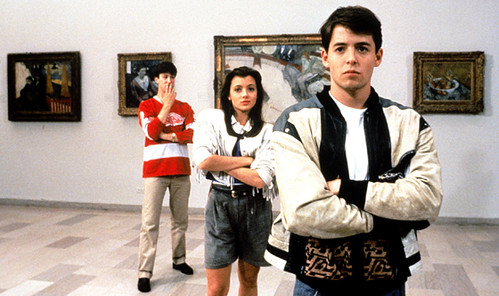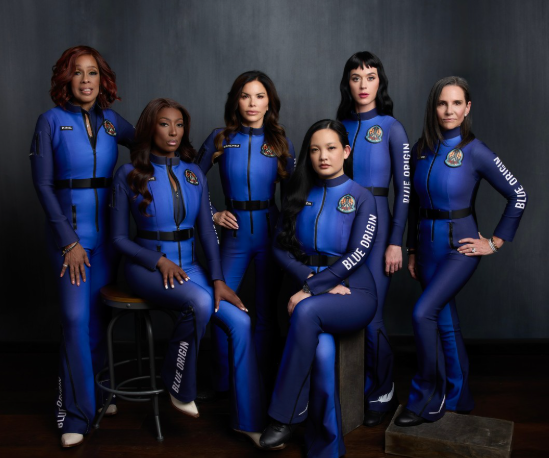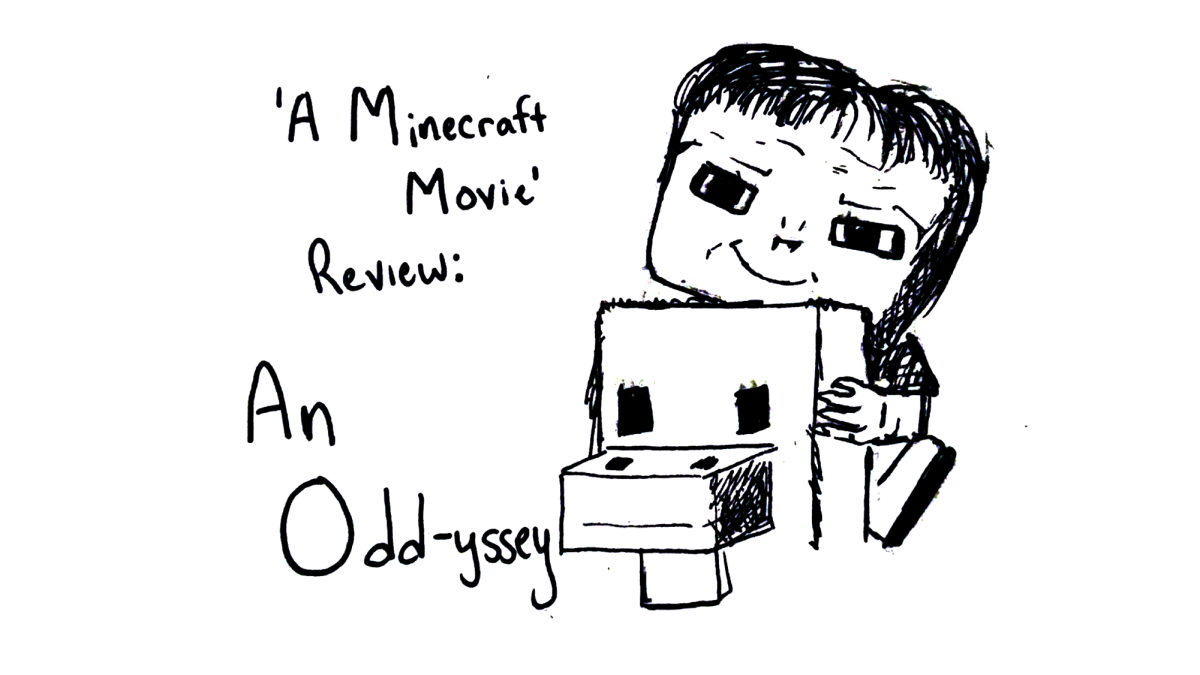Sofia Coppola said she thought she was done with the theme of girlhood, but something would always bring her back. It is a curious choice however, to revisit the world of feminine innocence with such a figure as Priscilla Presley. As the title would suggest, Coppola is shifting the spotlight from mythical rock star, Elvis Presely, and pointing it on his former partner. Here, he is just Elvis. In her new feature, which just made its debut at the New York Film Festival on Oct. 6, Coppola revisits girlhood in this untold story.
The story of Priscilla comes more universal compared to her other works. Typically, Coppola likes to communicate with subtle messages and easter eggs, but the story of these two people screams the raw reality of a rock star destined to fall. This could’ve been told in tough, straight-forward arch-building, but rather, is told gently. For example, the casting of both Priscilla and Elvis. Cailee Spaeny is 5 foot tall, portraying the girl who was 14 years old when met Elvis. Jacob Elordi, who plays the king of rock, is 6’5” playing a man 10 years older than his partner. The screaming difference in height of both actors are a parallel to the age gap between their characters. Especially in the first act, Spaeney depicts Priscilla as petite, naïve and coming of age, in contrast with Elvis, whom she meets in a party at his all-time high as a musical artist. Their chemistry is instant by the first scene.
This is the conduct line of the movie, the magnetism of Elvis drawing Priscilla into his orbit. Continuously drawing her in through her wardrobe makeover and the torturing absence when he goes on tour with the suspect of cheating floating in the air. This is not, however, a love story. The couple is intoxicating and Coppola shoots the scenes so romantically and aesthetically pleasing that audiences could only debate if their relationship is not true. This effect is not accidental, but an opportunity to see the world through the lens of the protagonist. As Elvis seduces Priscilla, so does Elordi. His performance does a tremendous job to do the same with the viewer.
As Priscilla is in love, the scenario shines bright in vibrant colors, she explodes into happiness as the world around her gives many details. Filled with peppermints and the air of the new-Americana dream, it’s like every scene is filled with easter eggs of the swinging sixties. As she falls flat into reality, the pressure of a sepia and black-and-white tone comes into place, another very intentional scenario made by the Priscilla team. The storyline could be defined as an exchange of decisions. For the most part, Spaeney seems to not have many lines compared to Elordi, who gives a very “chatterbox” Elvis. He shouts words to her, to his friends, to his maid—but keeps quiet to his dad. Spaeney, talks through her eyes, first as a naïve young girl, then as wife caught in a storm, ultimately becoming a mother. But through the end, Elvis is more and more surrendered to his drug abuse and Priscilla is now dialoguing with other people, another universe exposed, as she makes decisions based on herself.
Sofia Coppola, is a master in debating complex topics through the subtleness of her characters, but there is a difference between that and underestimating its audience. The story happens in repeated situations of abuse and gaslighting to prove a point of the toxic environment the protagonist is in, it’s as if the director is yelling at audiences “this is bad! This is bad!” with every scene. Yes, Priscilla is voiceless in this Elvis world, but when she finally stands up for herself, it’s almost out of the blue. It’s not organically built but abrupt, almost a little odd. This issue makes the movie very brusque. Yes, she leaves him, good for her! But this transformation comes out just 15 minutes before the end credits. Coming from a character that is being depicted passive for two-thirds of the movie, it gets a little frustrating how Coppola comes up with a resolution.
It’s interesting to see how there are almost no movies or series talking about Pricilla and Elvis’ relationship in depth. Maybe nobody had the interest in doing it or Priscilla never allowed it until Sofia Coppola came along. But something is for sure, Sofia’s strength lies in her ability to take a popular subject and shine a light on characters that signify, or echo, a new nuance (see her 2006 film “Marie-Antoinette”). Here, she picks a girl who was known to be a side character of a legendary man and makes her not a victim, but a girl being challenged to dream of freedom. From her small town, to her true love and subsequently to find her own tune. Of course, you must be a master to talk about something like this, in a very subtle way, but that is something Sofia Coppola is able to do.
Rating: 8.5/10

